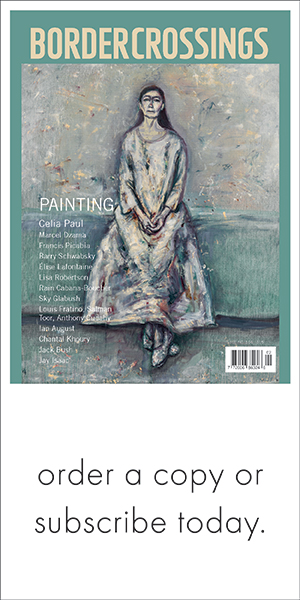From time to time, no matter how entrenched and steeped in tradition they may be, the rules need to be updated or, at the very least, debated. Consider sports, where second looks happen for both the health of the athletes and the entertainment of the fans. In baseball, the powers that be banned the spitball after the Yankees pitcher Carl Mays struck Cleveland’s Ray Chapman in the head on August 16, 1920; the shortstop died twelve hours later. After the 1968 season, which saw just six batters hit better than .300, Major League Baseball lowered the pitcher’s mound from fifteen inches to ten to help keep things exciting.
Up until the 1956–57 NHL season, a penalized hockey player had to stay in the bad box even after his opposing team scored on the power play (or, as was sometimes the case, scored multiple times). In professional basketball, the shot clock was introduced during the 1954–55 season. Before that, a team could run up the score early in the game and, with a comfortable lead secured, just dawdle around. As fans lost interest in the NBA, owners lost revenue. The new rule injected those forty-eight minutes of play with both action and cash.
Other changes are more symbolic and speak to the relationship between a superstar and the team or a superstar and the league. In the early 1980s, the NBA’s “51 percent rule” dictated that an athlete’s shoes must be mostly white and complement his team’s jersey — players were not to call attention to their feet. In February 1985, an executive vice-president from New York sent a terse letter to an upstart sporting goods company in Oregon: “This will confirm and verify that the National Basketball Association’s rules and procedures prohibited the wearing of certain red and black NIKE shoes by Chicago Bulls player Michael Jordan on or around October 18, 1984.”
Those “banned” sneakers became the stuff of legend and launched an empire that’s now worth billions. When the NBA finally updated its antiquated sumptuary law, the culture of the court, to say nothing of the culture of the street, was forever transformed.
Change is never easy, of course, and even the most minute of proposed tweaks in the arena of play is subjected to endless discussion and prognostication among journalists and armchair quarterbacks. Unfortunately, things can be quite different in the arena of Canadian politics, as was recently demonstrated by the government’s unprecedented attempt to sue the Speaker of the House and the relative silence among the chattering classes.
Before Parliament was dissolved on August 15, opposition parties had joined together and demanded to see a cache of papers from the Public Health Agency of Canada: roughly 250 pages of unredacted material that might shed light on the firing of two scientists from the National Microbiology Laboratory, in Winnipeg, in January 2021. The government argued that the release of these documents could be “injurious to international relations or national defence or national security.” In an attempt to fight the Commons order, the attorney general decided to take the Speaker, one of the government’s own MPs, to the Federal Court.
Traditionally, the House has sole jurisdiction over its own affairs. This section of the political rulebook can trace its origins back to 1641, when Charles I got into a rhubarb with William Lenthall. “May it please Your Majesty,” the long-time Speaker told the king, who had just barged into the Commons chamber with an armed force behind him, “I have neither eyes to see, nor tongue to speak in this place, but as the House is pleased to direct me, whose servant I am here.”
Our government’s move against our Speaker, then, was an extraordinary attempt to rewrite the rules of this country. That may be fine, possibly necessary. Perhaps Ottawa has good reason to keep certain documents secret, even from MPs, and perhaps a 380-year-old precedent needs a bit of modernizing. What’s not fine, though, is a dearth of mainstream media attention when dramatic and potentially transformational changes to our constitutional system are on the table.
Two days after the prime minister visited Rideau Hall and launched the 2021 election, the government filed a notice of discontinuance with the Federal Court, but the questions its aborted suit raised are anything but moot. Is the House of Commons, in fact, supreme? Does it have unfettered power to demand whatever piece of paper it sees fit to read? Or can a rebuffed government simply ask the courts to intervene?
Regardless of who takes power this fall or in future elections, such questions will come up again. When they do, and even if the answers are arcane, they deserve nothing less than the level of attention our punditry and click-based newsrooms give to the niceties of other games.
Kyle Wyatt is the editor-in-chief of the Literary Review of Canada.

